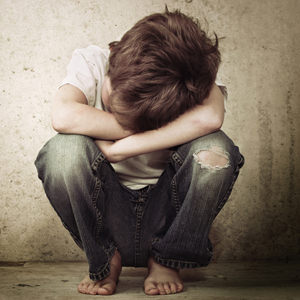
There are differences in the ways in which children and adults mourn. Unlike adults, bereaved children do not experience continual and intense emotional and behavioural grief reactions.
Children may seem to show grief only occasionally and briefly, but in reality a child’s grief usually lasts longer than that of an adult. This may be explained by the fact that a child’s ability to experience intense emotions is limited.
Mourning in children may need to be addressed again and again as the child gets older.
Since bereavement is a process that continues over time, children will think about the loss repeatedly, especially during important times in their life, such as going to camp, graduating from school, getting married, or giving birth to their own children.
A child’s grief may be influenced by his or her age, personality, stage of development, earlier experiences with death, and his or her relationship with the deceased.
The surroundings, cause of death, family members’ ability to communicate with one another and to continue as a family after the death can also affect grief.
The child’s ongoing need for care, the child’s opportunity to share his or her feelings and memories, the parent’s ability to cope with stress, and the child’s steady relationships with other adults are also other factors that may influence grief.
Children do not react to loss in the same ways as adults.
Grieving children may not show their feelings as openly as adults.
Grieving children may not withdraw and dwell on the person who died, but instead may throw themselves into activities (for example, they may be sad one minute and playful the next).
Often families think the child doesn’t really understand or has gotten over the death. Neither is true; children’s minds protect them from what is too powerful for them to handle.
Children’s grieving periods are shortened because they cannot think through their thoughts and feelings like adults. Also, children have trouble putting their feelings about grief into words. Instead, his or her behaviour speaks for the child.
Strong feelings of anger and fears of abandonment or death may show up in the behaviour of grieving children. Children often play death games as a way of working out their feelings and anxieties. These games are familiar to the children and provide safe opportunities to express their feelings.
(Source: National Cancer Institute)
- (Photo of sad child from Shutterstock)




 Publications
Publications
 Partners
Partners













